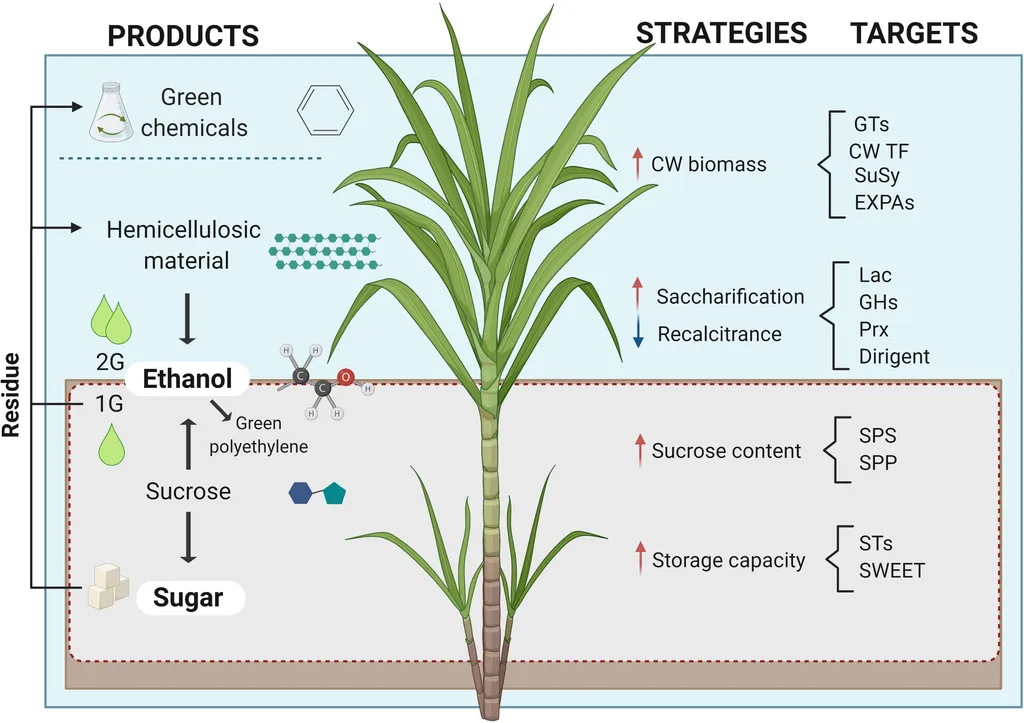In the heart of Guangdong, China, researchers have uncovered a novel mechanism that could revolutionize how we think about plant resilience to salt stress, a critical factor in global agriculture and bioenergy production. Chuanliang Liu, a lead scientist at the Guangdong Provincial Key Laboratory of Biotechnology for Plant Development at South China Normal University, has identified a key player in the plant’s defense against salinity: a protein called FYVE4.
FYVE4, a component of the endosomal sorting complex required for transport III (ESCRT-III), has long been known for its role in membrane protein sorting. However, Liu’s team has discovered that FYVE4 also plays a pivotal role in enhancing plant resistance to salt stress. “We found that FYVE4 promotes the interaction between SOS1 and SOS2, two crucial proteins in the Salt Overly Sensitive (SOS) signaling pathway,” Liu explains. This interaction is vital for plants to manage salt stress effectively.
The SOS pathway is a well-studied mechanism that helps plants cope with high salinity. SOS1, a sodium/proton antiporter, expels excess sodium ions from cells, while SOS2, a serine/threonine protein kinase, activates SOS1 by phosphorylation. Liu’s research shows that FYVE4 enhances this process by strengthening the SOS1–SOS2 interaction, leading to increased SOS1 phosphorylation and improved salt tolerance.
The implications of this discovery are profound, particularly for the energy sector. Salt stress is a significant challenge for bioenergy crops, which are often grown on marginal lands with high salinity. By understanding and manipulating the FYVE4-mediated SOS pathway, scientists could develop more resilient bioenergy crops, enhancing their yield and viability in challenging environments.
“Our findings highlight the critical role of FYVE4 in promoting SOS1–SOS2 interactions to mitigate salt stress,” Liu notes. This insight could lead to the development of new breeding techniques or genetic modifications that enhance salt tolerance in crops, a boon for both food security and bioenergy production.
The research, published in the journal Plant Communications (translated to English as “Plant Communications”), opens new avenues for exploring the broader roles of ESCRT components in plant stress responses. As Liu’s team continues to unravel the complexities of these interactions, the potential for innovative agricultural and bioenergy solutions grows.
In the quest for sustainable energy and food security, understanding the intricate mechanisms of plant resilience is more important than ever. Liu’s work on FYVE4 and the SOS pathway offers a promising path forward, one that could shape the future of agriculture and bioenergy in a world increasingly affected by climate change and environmental stress.

